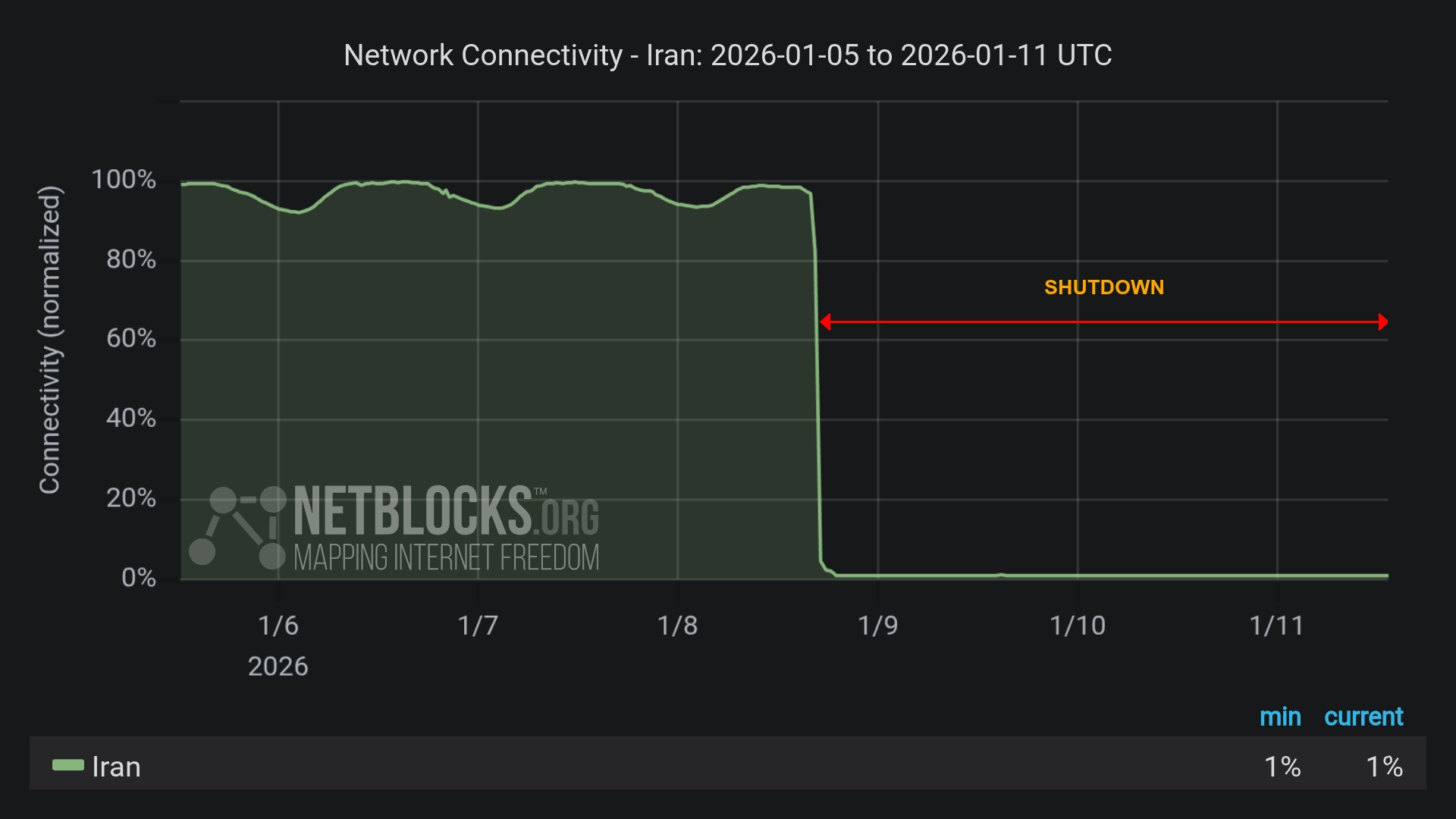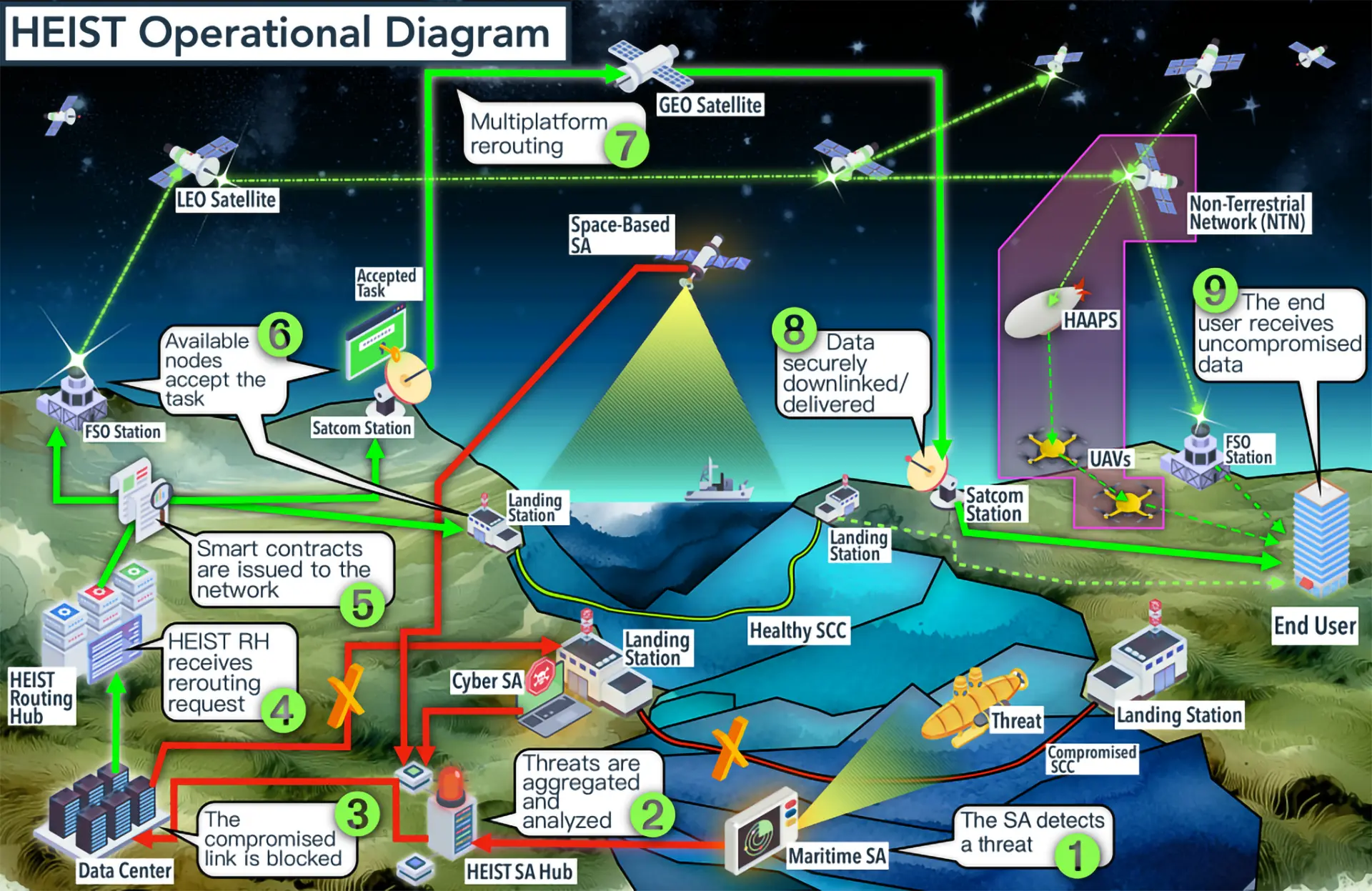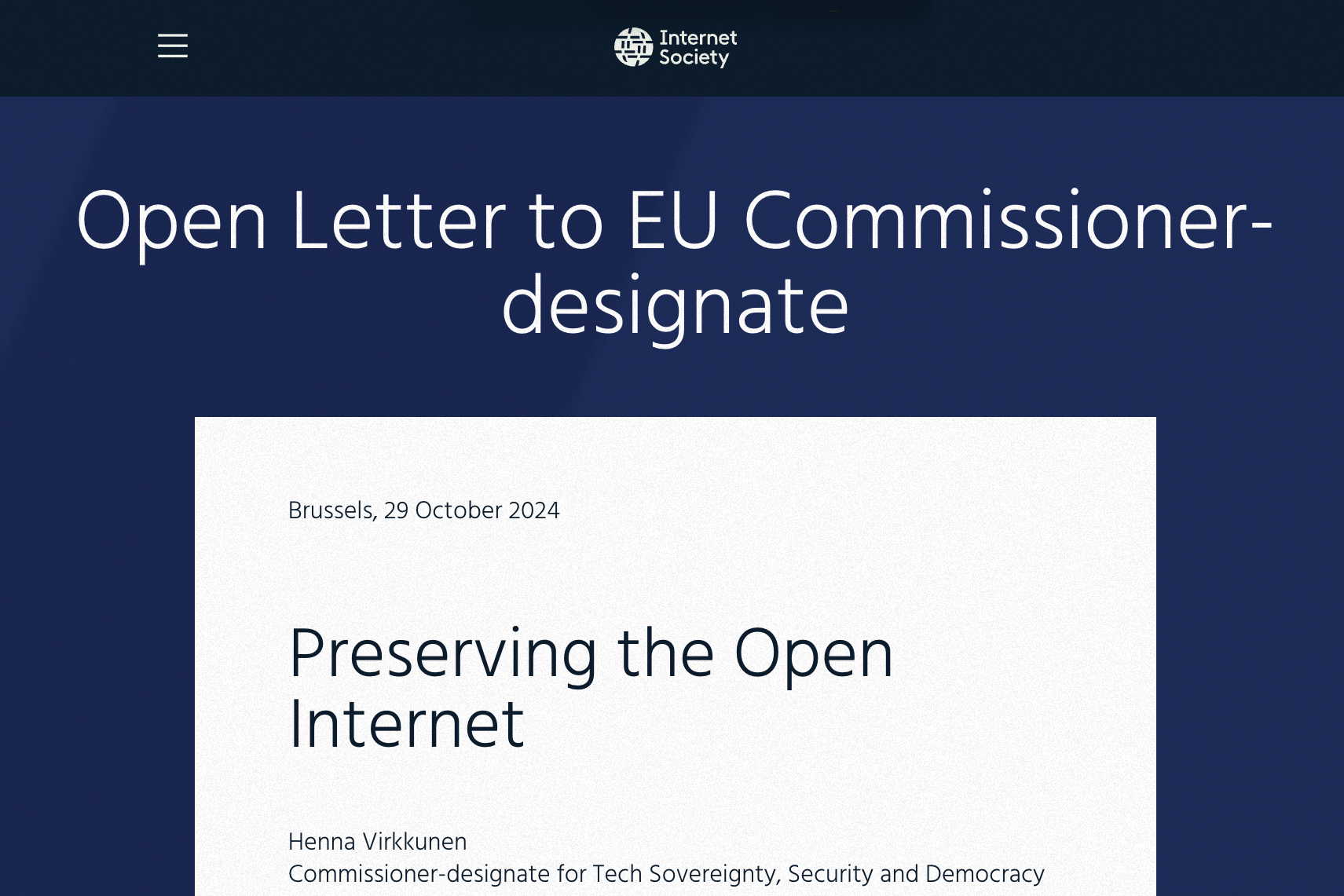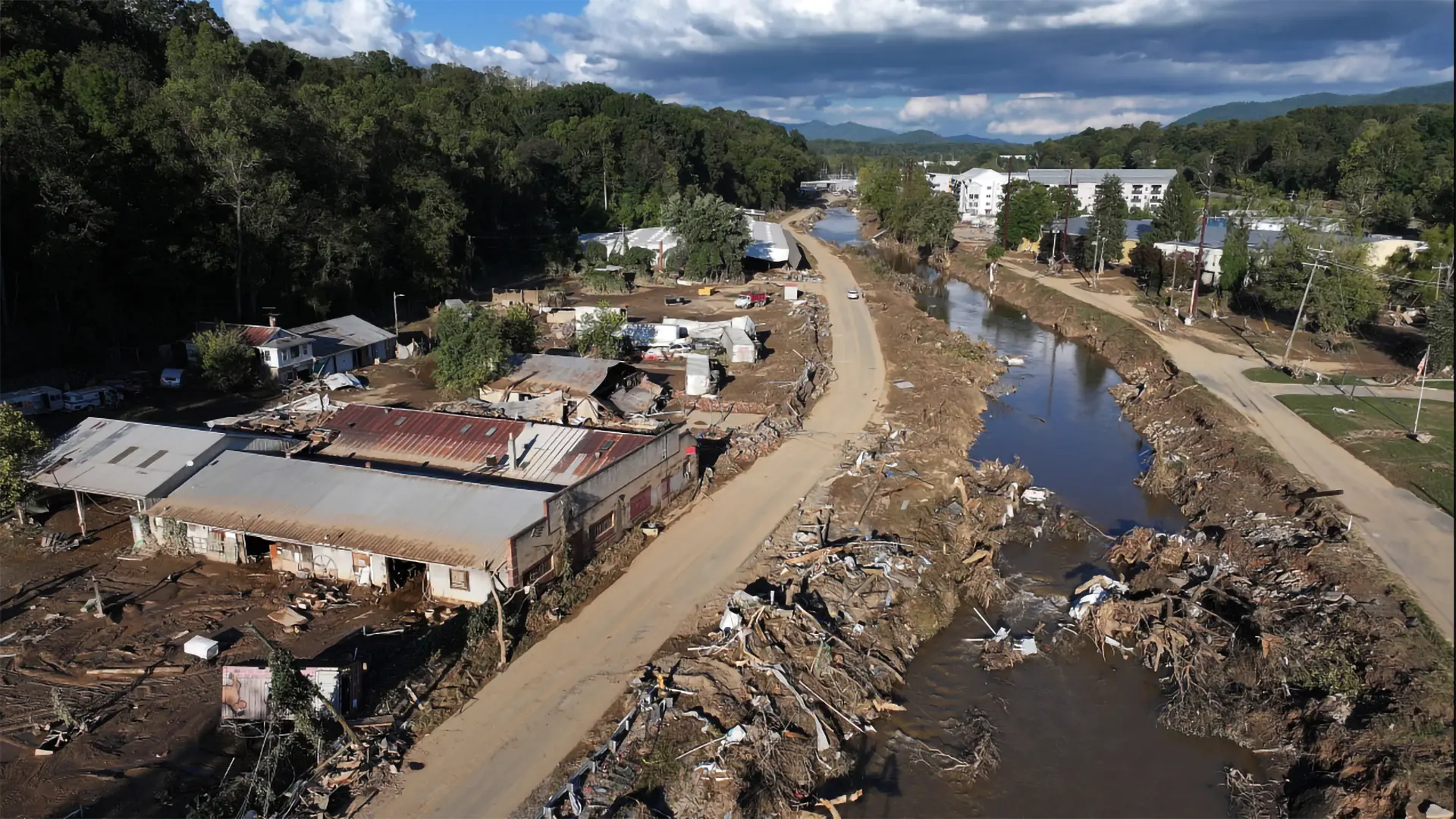

 Pew Research finds most Americans are online, yet access still tracks income, age and geography. Broadband gaps persist as subsidies fade, while smartphone dependence rises, reshaping how millions connect to work, services and civic life.
Pew Research finds most Americans are online, yet access still tracks income, age and geography. Broadband gaps persist as subsidies fade, while smartphone dependence rises, reshaping how millions connect to work, services and civic life.
 Iran's 2026 internet shutdown was not a glitch but a trial of digital sovereignty, revealing how easily connectivity can be weaponised to silence society, concentrate state power, and fracture the promise of a global internet.
Iran's 2026 internet shutdown was not a glitch but a trial of digital sovereignty, revealing how easily connectivity can be weaponised to silence society, concentrate state power, and fracture the promise of a global internet.
 Starlink is leveraging its growing dominance with data-hungry AI ambitions, regulatory demands, and space infrastructure plans. A merger with xAI could solidify its position as an unregulated gatekeeper of orbital connectivity and intelligence.
Starlink is leveraging its growing dominance with data-hungry AI ambitions, regulatory demands, and space infrastructure plans. A merger with xAI could solidify its position as an unregulated gatekeeper of orbital connectivity and intelligence.
 During California's devastating 2025 wildfires, Starlink, Tesla, and T-Mobile offered vital emergency connectivity. Their improvised response reveals both the promise of satellite-based disaster aid and the need for formalised coordination with public agencies.
During California's devastating 2025 wildfires, Starlink, Tesla, and T-Mobile offered vital emergency connectivity. Their improvised response reveals both the promise of satellite-based disaster aid and the need for formalised coordination with public agencies.
 Iran's deliberate disconnection from the global internet reveals a deeper crisis in digital governance, where state-led suppression and procedural legitimacy now threaten the foundational architecture and human rights principles of an open web.
Iran's deliberate disconnection from the global internet reveals a deeper crisis in digital governance, where state-led suppression and procedural legitimacy now threaten the foundational architecture and human rights principles of an open web.
 Low Earth Orbit satellite networks are dismantling traditional IP address allocation models. As signals defy borders, Regional Internet Registries face challenges in geolocation accuracy, routing security, and the definition of digital territory itself.
Low Earth Orbit satellite networks are dismantling traditional IP address allocation models. As signals defy borders, Regional Internet Registries face challenges in geolocation accuracy, routing security, and the definition of digital territory itself.
 Starlink expanded to 42 new countries in 2025, added 2.7 million customers, improved network speeds and latency, and continued satellite launches as it nears its first-phase constellation goal of 12,000 satellites.
Starlink expanded to 42 new countries in 2025, added 2.7 million customers, improved network speeds and latency, and continued satellite launches as it nears its first-phase constellation goal of 12,000 satellites.
 Global internet use has surpassed six billion users, yet stark divides persist between regions, genders and urban-rural populations. Meanwhile, download speeds have surged and smartphones now dominate how people access the web worldwide.
Global internet use has surpassed six billion users, yet stark divides persist between regions, genders and urban-rural populations. Meanwhile, download speeds have surged and smartphones now dominate how people access the web worldwide.
 What began as an emergency response evolved into critical wartime infrastructure. Ukraine's experience with Starlink reveals the strategic risks and benefits of relying on privately operated networks for national resilience and defence.
What began as an emergency response evolved into critical wartime infrastructure. Ukraine's experience with Starlink reveals the strategic risks and benefits of relying on privately operated networks for national resilience and defence.
 CaribNOG and PCH have renewed their partnership to boost the Caribbean's Internet resilience, expanding technical capacity, advancing inclusive training, and strengthening the people and systems essential for recovery as islands rebuild after Hurricane Melissa.
CaribNOG and PCH have renewed their partnership to boost the Caribbean's Internet resilience, expanding technical capacity, advancing inclusive training, and strengthening the people and systems essential for recovery as islands rebuild after Hurricane Melissa.
 Despite its promise of universal access, Starlink often fails to meet broadband benchmarks across key markets. New data reveals fluctuating performance and raises questions about reliability, digital equity, and tiered service models.
Despite its promise of universal access, Starlink often fails to meet broadband benchmarks across key markets. New data reveals fluctuating performance and raises questions about reliability, digital equity, and tiered service models.
 The hiQ ruling erased legal protections against commercial scraping, leaving infrastructure providers to absorb escalating costs. Without federal action defining data misappropriation, a free-rider AI economy could undermine open networks, investment, and long-term data integrity.
The hiQ ruling erased legal protections against commercial scraping, leaving infrastructure providers to absorb escalating costs. Without federal action defining data misappropriation, a free-rider AI economy could undermine open networks, investment, and long-term data integrity.
 A new report from the Fiber Broadband Association details how fiber networks improve public safety and disaster response, offering real-world case studies that highlight the technology's resilience, reliability, and critical infrastructure value.
A new report from the Fiber Broadband Association details how fiber networks improve public safety and disaster response, offering real-world case studies that highlight the technology's resilience, reliability, and critical infrastructure value.
 Starlink dominates the satellite internet race, echoing IBM's past supremacy in computing. But geopolitical divides, advancing rivals, and Elon Musk's controversies suggest its lead will narrow as competitors gain ground in a fragmented global market.
Starlink dominates the satellite internet race, echoing IBM's past supremacy in computing. But geopolitical divides, advancing rivals, and Elon Musk's controversies suggest its lead will narrow as competitors gain ground in a fragmented global market.
 OpenVault's latest broadband report shows U.S. households using more data, with uploads rising faster than downloads and a major shift toward midrange speed tiers. Growing gaming, streaming, and cloud activity continues to reshape network demand and subscriber behavior.
OpenVault's latest broadband report shows U.S. households using more data, with uploads rising faster than downloads and a major shift toward midrange speed tiers. Growing gaming, streaming, and cloud activity continues to reshape network demand and subscriber behavior.
 Iran Cuts Off Internet Nationwide as Regime Disrupts Even Starlink Amid Expanding Protests
Iran Cuts Off Internet Nationwide as Regime Disrupts Even Starlink Amid Expanding Protests AI Boom Spurs Record Investment in Undersea Cables Amid Geopolitical and Security Concerns
AI Boom Spurs Record Investment in Undersea Cables Amid Geopolitical and Security Concerns Verizon and AWS Expand Network Ties to Meet AI Data Demands
Verizon and AWS Expand Network Ties to Meet AI Data Demands Starlink Passes 10,000 Satellites, Expanding Global Internet Reach
Starlink Passes 10,000 Satellites, Expanding Global Internet Reach JetBlue Selects Amazon’s Project Kuiper for In-Flight Satellite Connectivity
JetBlue Selects Amazon’s Project Kuiper for In-Flight Satellite Connectivity America’s Broadband Blind Spot: Audit Reveals Millions More Offline Than FCC Reports
America’s Broadband Blind Spot: Audit Reveals Millions More Offline Than FCC Reports Africa’s Digital Darkness: Internet Shutdowns Reach Record High
Africa’s Digital Darkness: Internet Shutdowns Reach Record High Lack of Broadband Competition Leads to Higher Prices in Most U.S. Counties
Lack of Broadband Competition Leads to Higher Prices in Most U.S. Counties Baltic Sea Infrastructure Targeted Amid Rising Geopolitical Tensions
Baltic Sea Infrastructure Targeted Amid Rising Geopolitical Tensions NATO’s Orbital Lifeline: A Backup Plan for the Internet
NATO’s Orbital Lifeline: A Backup Plan for the Internet Europe Seeks Space Independence with €10.6bn Iris² Satellite Network
Europe Seeks Space Independence with €10.6bn Iris² Satellite Network EU Internet Advocates Push Back Against Telecom “Fair-Share” Fees
EU Internet Advocates Push Back Against Telecom “Fair-Share” Fees FCC Approves Starlink for Direct-to-Cell Service in Hurricane-Stricken North Carolina
FCC Approves Starlink for Direct-to-Cell Service in Hurricane-Stricken North Carolina